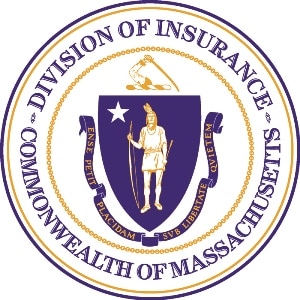- Division of Insurance
Consumer protection laws govern many types of health insurance coverage, like plans purchased through an employer or the health insurance marketplace. However, other plans are not insurance and are not required to include the same consumer protections that apply in insured health plans.
Health care sharing ministries (HCSMs), discount plans, and risk-sharing plans are not insurance products. Consumers who use HCSMs, discount plans, or risk-sharing plans can best protect themselves by understanding the terms of the coverage they selected. Before signing, the Massachusetts Division of Insurance wants consumers to be sure to understand how the plan works and what benefits you or your family can count on.
How Health Care Sharing Ministries Work
HCSMs are organizations in which the members pay in and share the costs of health care. A member will typically contribute a monthly payment to cover the qualifying medical expenses of other members. The HCSM will match paying members who need the health care funds or pool all the monthly shares and administer payments to members directly. Some people look to HCSMs because of their typically lower up-front costs, compared to ACA plans.
Usually, HCSM members have common ethical or religious beliefs, but before you sign up for an HCSM, there are some things you should know:
- HCSMs do not have to comply with the consumer protections of the federal Affordable Care Act (ACA), like covering treatments for pre-existing conditions or capping out-of-pocket costs.
- HCSMs are not insurance and cannot guarantee the payment of claims; i.e., while they may share funds with members who have health needs, they are not legally required to do so.
- State insurance regulators do not oversee HCSMs.
- HCSMs usually do not have provider networks, so members may be charged full price by doctors and hospitals, rather than the lower negotiated rates charged to consumers who have insurance coverage.
- HCSMs may provide value to some, but they pose a risk to others because they often provide limited to minimal benefits.
How Discount Plans Work
You might receive advertisements from plans offering discounts on health care for a monthly fee. These are not health insurance plans, and participants do not have the same protections as under licensed health insurance plans.
How Non-Licensed Risk-Sharing Plans Work
You may receive offers to join a group or association that will take your monthly payments, put them in a savings account, or trust, with other participants’ money, and help pay some of your health care costs, as needed. Such arrangements are not insurance, and the participants do not have the protections available to purchasers of licensed insurance plans.
Comprehensive Health Coverage
We strongly recommend that you thoroughly investigate any alternative to comprehensive health coverage, and weigh the benefits against the costs carefully. You should look to purchase health coverage from an insurance company that is licensed to sell insurance in Massachusetts. The Division of Insurance maintains a list of licensed insurance carriers approved to sell insured health plans to Massachusetts-residents found here. You can also purchase a health plan from the Massachusetts Health Connector by visiting www.MAhealthconnector.org. The Health Connector may also be able to assist you with paying for your health insurance.
Consumers with questions or concerns about their insurance coverage are encouraged to contact the Division’s Consumer Services Unit at 617-521-7794 or visit the Division’s website at https://www.mass.gov/doi.
